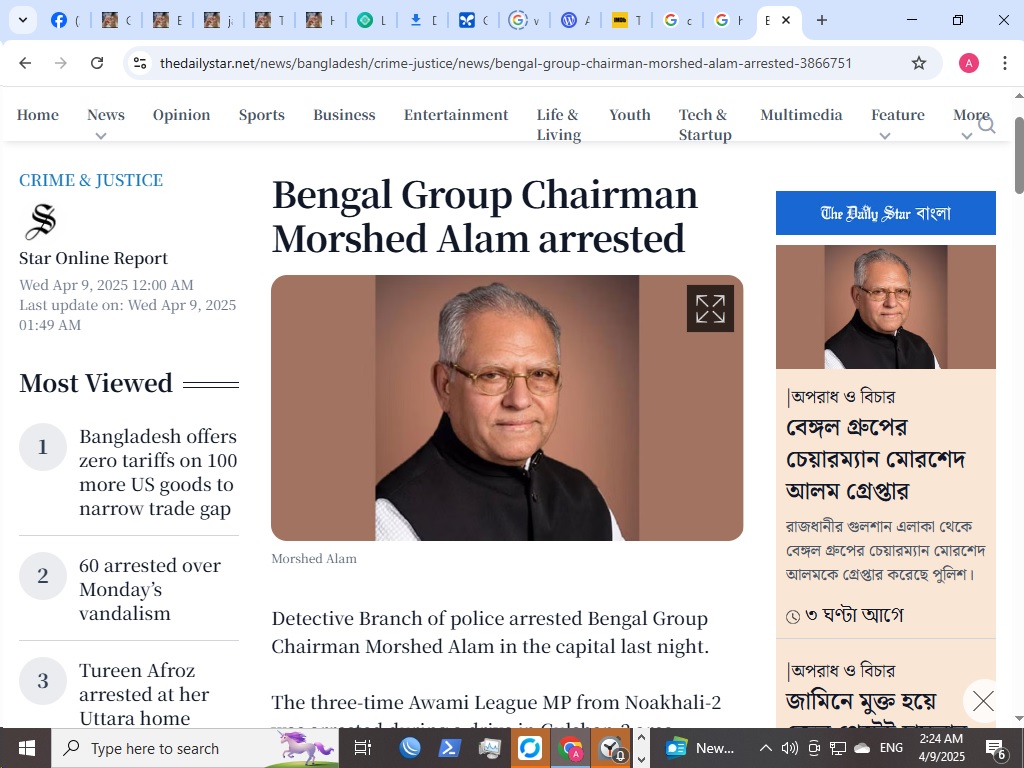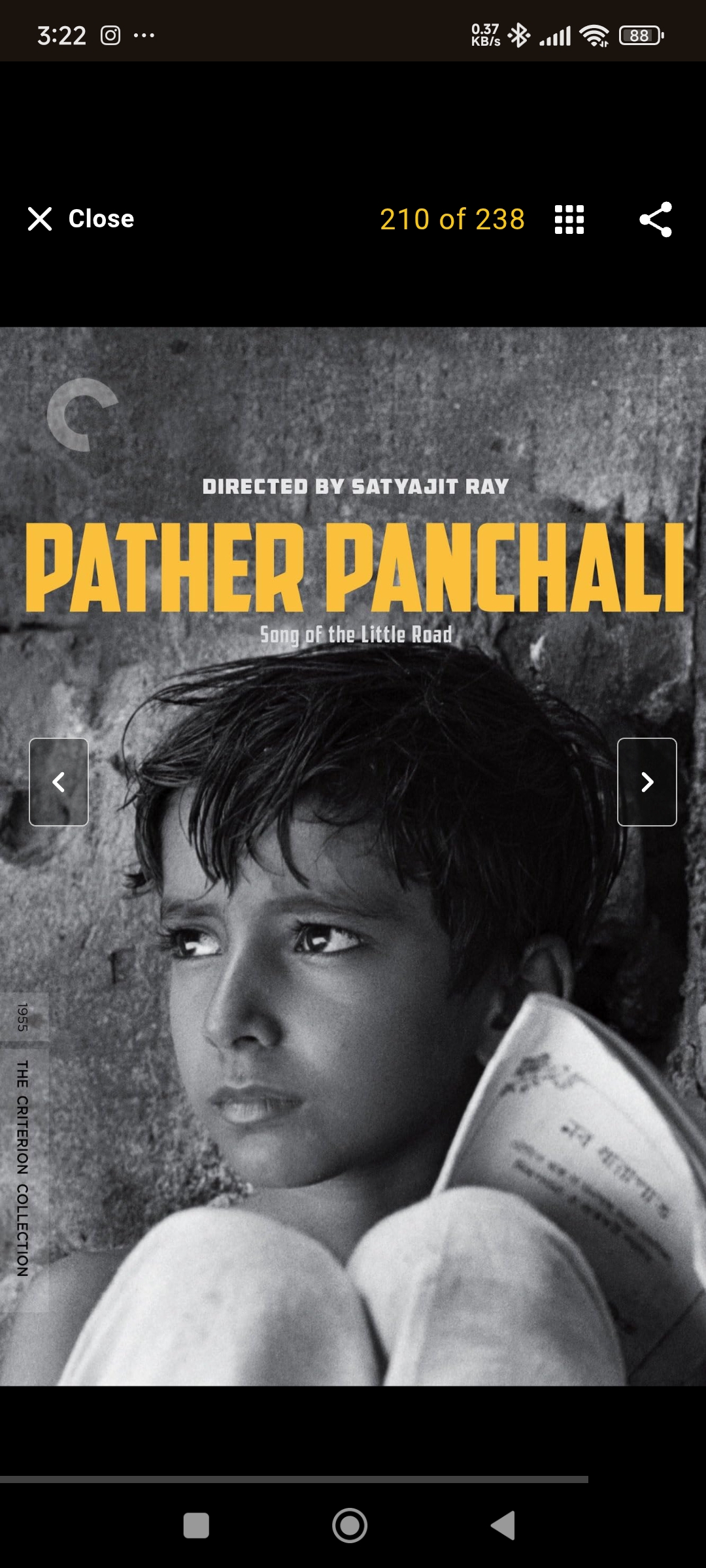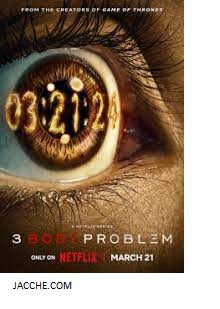Theo van Gogh: A Life in Dutch Film, 1957-2004
Theo van Gogh, a name synonymous with controversy and provocative filmmaking, carved a unique, albeit turbulent, path through Dutch cinema from 1957 until his tragic assassination in 2004. Distantly related to the famed painter, Van Gogh embraced filmmaking as a platform to challenge societal norms, provoke debate, and explore the darker corners of the human experience. His career, marked by both critical acclaim and public outrage, solidified his position as a pivotal, albeit divisive, figure in the landscape of post-war Dutch culture. This article will explore his life and work, focusing on the evolution of his cinematic vision and the impact it had on Dutch society.
Early Life and Influences
Born in The Hague in 1957, Theo van Gogh experienced a relatively unremarkable childhood. He abandoned law studies to pursue his passion for filmmaking, initially working as an assistant director. His early influences were diverse, ranging from the gritty realism of Italian Neorealism to the confrontational style of the French New Wave. These influences shaped his burgeoning cinematic sensibilities, fostering a desire to create films that were both artistically challenging and socially relevant. He was drawn to stories that explored the underbelly of society, often focusing on marginalized individuals and controversial themes.
A Controversial Voice Emerges in Post-War Dutch Cinema
Van Gogh’s films were characterized by their unflinching portrayal of societal issues, often tackling taboo subjects such as prostitution, drug addiction, and political corruption. He never shied away from controversy, deliberately provoking audiences with his confrontational style and often employing black humor to highlight the absurdity of societal norms. This approach, while earning him a dedicated following, also drew considerable criticism from those who found his work offensive or exploitative. His films, however, became a lightning rod for public discourse, forcing Dutch society to confront uncomfortable truths.
Key Films and Recurring Themes
Throughout his career, Van Gogh directed and wrote numerous films, each bearing his distinctive mark. Films like “Blind Date” (1996) and “Interview” (2003) showcased his talent for intimate character studies, exploring the complexities of human relationships and the fragile nature of communication. He frequently collaborated with writers such as Theodor Holman, creating a body of work that consistently challenged conventional narratives and explored themes of alienation, isolation, and the search for meaning in a rapidly changing world. His films often featured strong female characters, struggling against societal expectations and challenging patriarchal structures.
Collaborations and Artistic Partnerships
Van Gogh’s career was marked by several significant collaborations, most notably with writer Theodor Holman. Their partnership produced some of Van Gogh’s most acclaimed and controversial works, characterized by sharp dialogue, unflinching realism, and a willingness to tackle difficult subjects. He also fostered relationships with actors who understood his vision, creating a core group of performers who frequently appeared in his films. These collaborations were essential to realizing Van Gogh’s artistic vision, allowing him to push boundaries and explore new cinematic territories.
The Shift Towards Political Commentary and “Submission”
Towards the end of his career, Van Gogh’s work became increasingly politically charged. This shift culminated in the short film “Submission, Part 1” (2004), written by Ayaan Hirsi Ali, which criticized the treatment of women in Islam. This film, which depicted verses from the Quran projected onto the bodies of abused women, ignited a firestorm of controversy and ultimately led to Van Gogh’s assassination by a radicalized Muslim.
Legacy and Lasting Impact
Theo van Gogh’s death sent shockwaves through Dutch society and the international filmmaking community. While his work remained controversial, his assassination solidified his status as a martyr for freedom of expression. His films continue to be screened and debated, serving as a reminder of the importance of artistic freedom and the dangers of intolerance. Van Gogh’s legacy is complex and multifaceted, but his impact on Dutch cinema and the broader cultural landscape is undeniable. He forced audiences to confront uncomfortable truths, challenged societal norms, and ultimately paid the ultimate price for his artistic vision.
Theo van Gogh’s life and career were a testament to the power of cinema to provoke, challenge, and inspire. While his methods were often controversial, his commitment to artistic freedom and his willingness to tackle difficult subjects left an indelible mark on Dutch cinema. His tragic death served as a stark reminder of the fragility of freedom of expression and the importance of defending it, even in the face of adversity. His films continue to be studied and debated, ensuring that his voice, however controversial, remains a vital part of the ongoing conversation about art, society, and the human condition.






